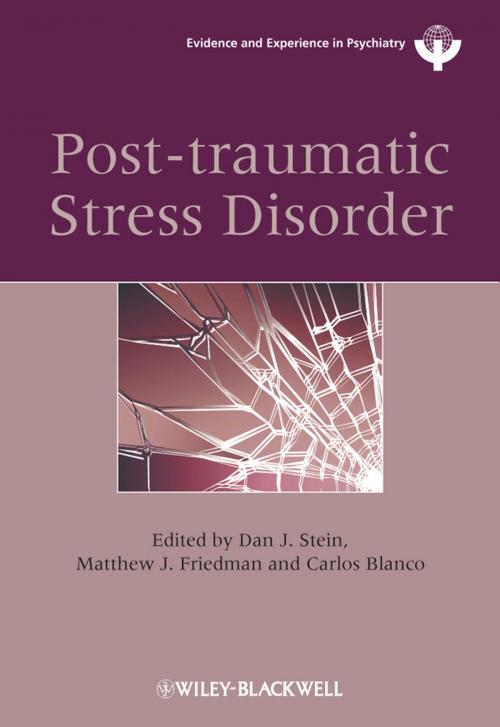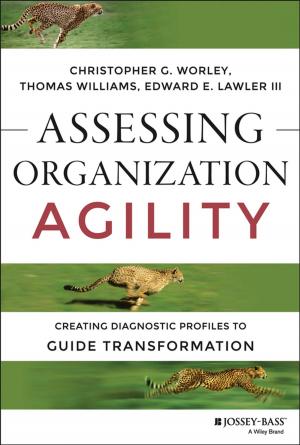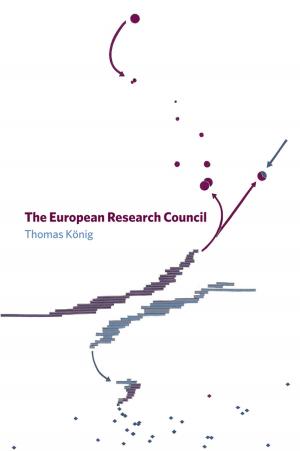| Author: | ISBN: | 9781119971481 | |
| Publisher: | Wiley | Publication: | July 18, 2011 |
| Imprint: | Wiley | Language: | English |
| Author: | |
| ISBN: | 9781119971481 |
| Publisher: | Wiley |
| Publication: | July 18, 2011 |
| Imprint: | Wiley |
| Language: | English |
Despite the growing interest in the role of psychological trauma in the genesis of psychiatric disorders, few volumes have addressed these issues from a multidisciplinary and international perspective. Given the complexity of reslience and posttraumatic disorder, and given ongoing trauma and violence in many parts of the world, it is crucial to apply such perspectives to review existing knowledge in the field and provide directions for future research.
This book has a broad scope. A key focus is PTSD, because of its clinical and health importance, its obvious link with trauma, and its interest for many clinicians and researchers. However, the book also examines resilience and a range of mental health consequences of trauma, because it has become increasingly clear that not all individuals react to trauma in the same way. It is important for mental health professionals to be aware of the broad range of potential responses to trauma, as well as of relevant evidence-based treatments.
The book includes chapters that address a wide range of topics on trauma-related disorders, including nosology and classification, epidemiology, neurobiology, pharmacotherapy, and psychotherapy. Each chapter comprises a critical review of the existing literature, aimed at being useful for the practitioner. This is followed by selected commentaries from other authorities on the topic, representing diverse geographical locations and points of view, who refine some of the perspectives offered in the review, provide alternative views, or suggest important areas of future work.
Despite the growing interest in the role of psychological trauma in the genesis of psychiatric disorders, few volumes have addressed these issues from a multidisciplinary and international perspective. Given the complexity of reslience and posttraumatic disorder, and given ongoing trauma and violence in many parts of the world, it is crucial to apply such perspectives to review existing knowledge in the field and provide directions for future research.
This book has a broad scope. A key focus is PTSD, because of its clinical and health importance, its obvious link with trauma, and its interest for many clinicians and researchers. However, the book also examines resilience and a range of mental health consequences of trauma, because it has become increasingly clear that not all individuals react to trauma in the same way. It is important for mental health professionals to be aware of the broad range of potential responses to trauma, as well as of relevant evidence-based treatments.
The book includes chapters that address a wide range of topics on trauma-related disorders, including nosology and classification, epidemiology, neurobiology, pharmacotherapy, and psychotherapy. Each chapter comprises a critical review of the existing literature, aimed at being useful for the practitioner. This is followed by selected commentaries from other authorities on the topic, representing diverse geographical locations and points of view, who refine some of the perspectives offered in the review, provide alternative views, or suggest important areas of future work.















